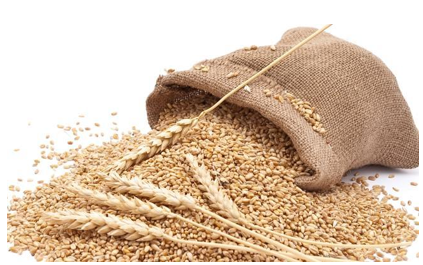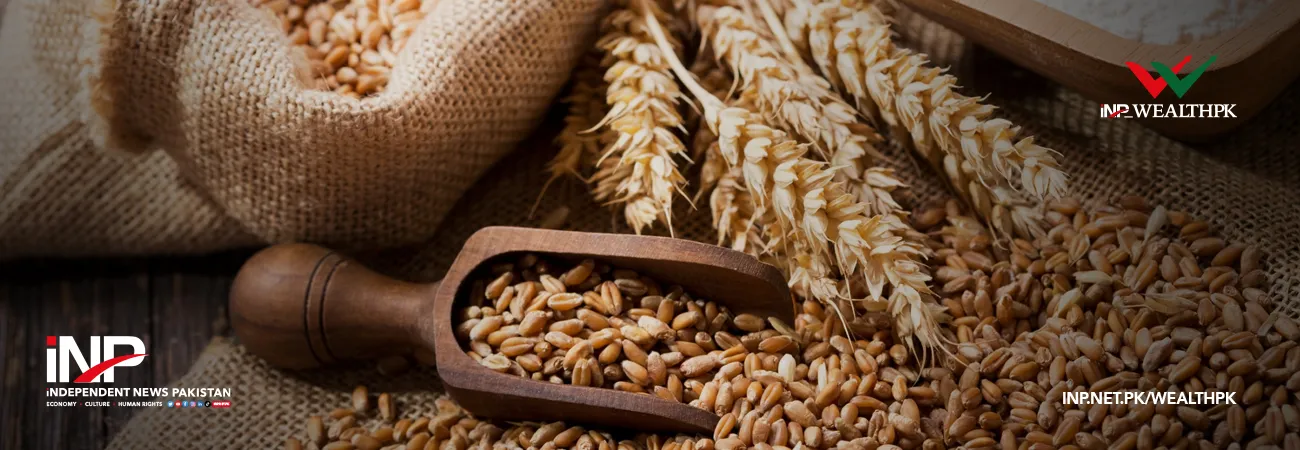آئی این پی ویلتھ پی کے
Qudsia Bano
Reforms in Pakistan’s commodity financing framework have led to a notable decline in wheat related debt, providing the much-needed relief to public finances and reducing the pressure on the banking system. According to experts, the development marks a key shift in the government’s approach toward a more disciplined and targeted subsidy management, reports WealthPK.

During the first half of FY25, financing for commodity operations saw a net retirement of Rs216 billion, largely driven by loan repayments availed for wheat procurement. While slightly lower than Rs229 billion retired during the same period last year, officials and analysts agree that the drop reflects the impact of structural changes aimed at curbing the accumulation of commodity debt.
Central to these changes has been the rationalization of wheat procurement and a gradual move away from the blanket minimum support price system. The government has also focused on timely payment of subsidies and transition to targeted subsidies aimed at reaching the most vulnerable segments of the population.
Dr. Hammad Rafiq, a former agriculture finance expert at the State Bank of Pakistan, believes these reforms represent a turning point in Pakistan’s long-troubled commodity financing model. “For years, inefficient procurement practices and politically motivated support prices inflated the borrowing needs.
What we are seeing now is a more responsible fiscal approach that prioritizes efficiency and better targeting of state resources,” he said. Improvement in commodity loan management has also reduced the government’s reliance on short-term bank borrowing, creating fiscal space and easing liquidity constraints in the banking sector.
Analysts argued that continued reforms could lead to a more sustainable and market-oriented agricultural economy. However, experts cautioned that the reforms must be institutionalized to avoid reversals. “This is a promising start, but without strong enforcement and data-backed targeting mechanisms, the system could easily regress,” warned Dr. Rafiq.
He emphasized the need to enhance coordination between the federal and provincial authorities to ensure consistency in procurement policies. As Pakistan seeks to stabilize its economy and improve fiscal discipline, the drop in wheat debt offers a glimpse into the potential of smart reforms to reshape public finance and improve overall economic efficiency.
Credit: INP-WealthPk



